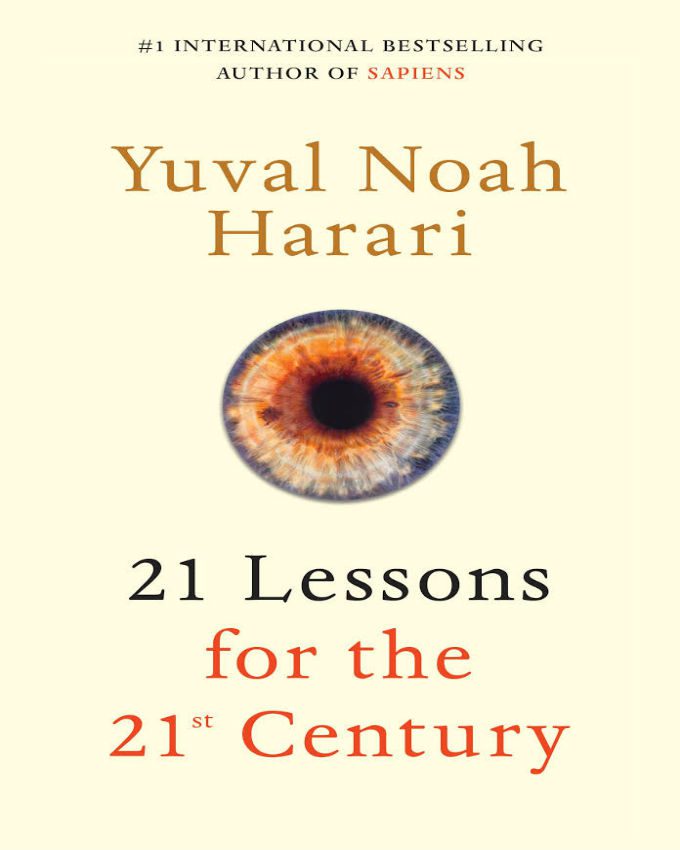
To this end, we have a hard time understanding the global moral implications of our actions.


Our power depends on creating and believing fiction. To him, this idea is false because humans are post-truth species. In Part 4, Harari examines this notion of post-truth societies. In the end, humans need to be willing to admit their shadows, and secularism is still one of the only creeds that does this. Harari also explores whether religious faith is a necessary condition for morality and concludes it is not. Harari’s conclusion in this section is that humans need to reduce hysteria around terrorism, keep their stupidity under control to prevent another world war, and show far greater humility. Part 3 moves on to discuss how humankind can rise to the occasion to find solutions to these global challenges. Nowhere is this more poignant than the European Union, whose multicultural experiment is on the verge of disintegration. However, nationalism and religion continue to divide human groups into various rival camps. Through this section, Harari reaffirms that the best solution is still a global community and neither Facebook, nationalism, or religion will unite human society.

Part 2 provides possible solutions to how humans might be united to confront these global issues, including whether Facebook engineers using algorithms can create a global community and whether we can reverse the globalization process and re-empower nation-states or religious traditions. Through Part 1, Harari hopes to show the urgency and magnitude of these global problems at hand. If humans do not figure out how to regulate the ownership of data, we could see our global society become more unequal than ever before with the rise of a small superhuman class that controls all of the wealth, beauty, and intellect. Data is clearly more important than ever.

Democracy has championed over authoritarianism in the late-20th century, however the changes that artificial intelligence will inflict on data processing could lead to digital dictatorships. Automation might replace millions of individual humans with an integrated computer network, leading to an increase in post-work societies. This disillusionment is occurring at a time when problems are global in nature and will require global solutions. The average individual believes they are losing their economic worth. People all over the world, including in the core liberal nations, are becoming disillusioned with the liberal story. In Part 1, Harari offers an overview of the biggest political and technological challenges of humanity’s collective lifetime.


 0 kommentar(er)
0 kommentar(er)
